Podcast: Play in new window | Download (Duration: 34:34 — 23.9MB) | Embed
Subscribe: Apple Podcasts | Spotify | Amazon Music | Android | Pandora | iHeartRadio | JioSaavn | Podchaser | Gaana | Podcast Index | Email | TuneIn | Deezer | Anghami | RSS | More
Episode 5 – A Disciple’s Heart – A Biblical Way of Praying the Mass with Fr. Timothy Gallagher O.M.V.

We continue our conversation with Fr. Gallagher discussing the encouragements given by Venerable Bruno Lanteri in regards to a biblical way of praying the Mass. In this episode, Fr. Gallagher reflects on the Liturgy of the Word
Be there on the mountainside. Take your place close to Jesus. See the great crowd around you, eager to listen. Slowly read the words, and hear Jesus say them personally to you. Pause after each beatitude to consider it briefly: What does it mean? What is Jesus saying to you?
When he saw the crowds, he went up the mountain, and after he had sat down, his disciples came to him (you are seated there among them).
He began to teach them, saying:
Blessed are the poor in spirit (poor in spirit: humble, knowing our need for God, trusting in him), for theirs is the kingdom of heaven.
Blessed are they who mourn (mourn over sin and evil), for they will be comforted.
Blessed are the meek (meek: gentle, not quick to take offense, patient), for they will inherit the land.
Blessed are they who hunger and thirst for righteousness (hunger and thirst for holiness, for new closeness to God), for they will be satisfied.
Blessed are the merciful (the practice of the corporal and spiritual works of mercy), for they will be shown mercy.
Blessed are the clean of heart (interiorly clean, pure, without duplicity), for they will see God.
Blessed are the peacemakers (those who reconcile people with each other and with God), for they will be called children of God.
Blessed are they who are persecuted for the sake of righteousness (those who suffer for their fidelity to Christ), for theirs is the kingdom of heaven.
If you listen to the readings at Mass in this way, with a disciple’s heart, then Jesus’s Word will become for you, as the Second Vatican Council affirms, a “strength of faith,” a “food of the soul,” and a “pure and everlasting source of spiritual life.”40
Gallagher, Fr. Timothy; Gallagher, Fr Timothy. A Biblical Way of Praying the Mass: The Eucharistic Wisdom of Venerable Bruno Lanteri (pp. 47-48). EWTN Publishing Inc.. Kindle Edition.
For more episodes in the A Biblical Way of Praying the Mass with Fr. Timothy Gallagher podcast series, visit here
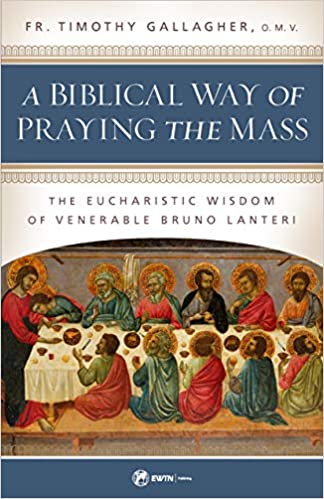 You can find A Biblical Way of Praying the Mass here
You can find A Biblical Way of Praying the Mass here
Father Timothy M. Gallagher, O.M.V., was ordained in 1979 as a member of the Oblates of the Virgin Mary, a religious community dedicated to retreats and spiritual formation according to the Spiritual Exercises of St. Ignatius. Fr. Gallagher is featured on the EWTN series “Living the Discerning Life: The Spiritual Teachings of St. Ignatius of Loyola.” For more information on how to obtain copies of Fr. Gallaghers’s various books and audio, which are available for purchase, please visit his website: frtimothygallagher.org


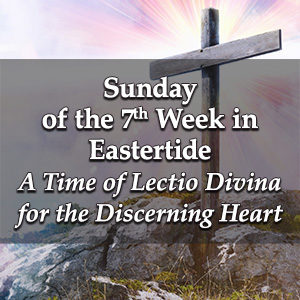 Sunday of the Seventh Week of Eastertide – A Time of Lectio Divina for the Discerning Heart Podcast
Sunday of the Seventh Week of Eastertide – A Time of Lectio Divina for the Discerning Heart Podcast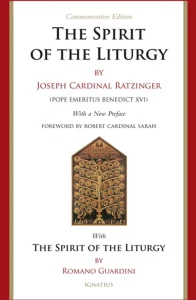



 Matthew 28:16-20 –
Matthew 28:16-20 – 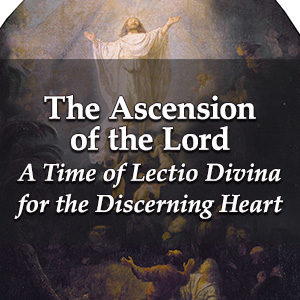 The Ascension of the Lord – A Time of Lectio Divina for the Discerning Heart Podcast
The Ascension of the Lord – A Time of Lectio Divina for the Discerning Heart Podcast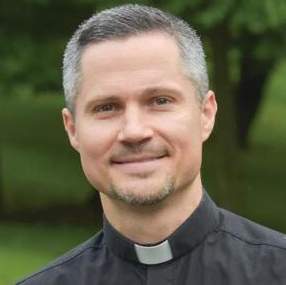
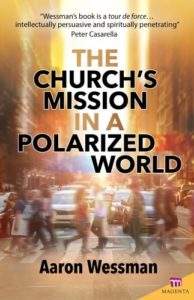




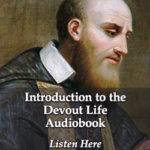
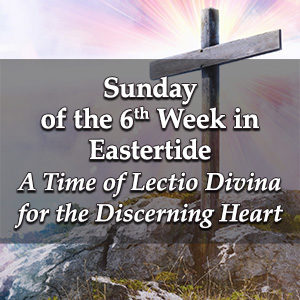 Sunday of the Sixth Week of Eastertide – A Time of Lectio Divina for the Discerning Heart Podcast
Sunday of the Sixth Week of Eastertide – A Time of Lectio Divina for the Discerning Heart Podcast